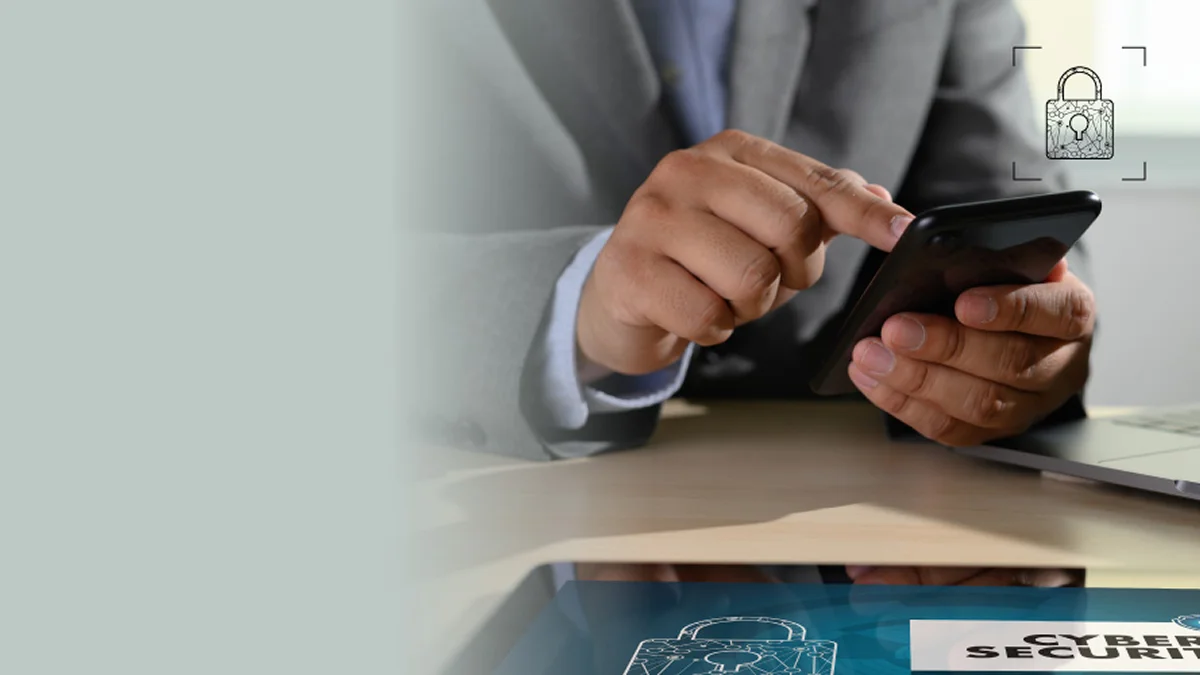Stay alert, identity theft is on the rise! That's why protecting your identity is more crucial than ever. Read on to understand what identity theft is and how to protect yourself from it. Scroll down!
What is Identity Theft?

Identity theft is the act of someone stealing your personal and financial information and using it to impersonate or defraud you. This stolen information may include social security numbers, credit card details, and bank account numbers. These details may be used to open fraudulent accounts, make unauthorised purchases, or commit other financial crimes under your name.
What Are the Ways of Identity Theft?
Identity theft can occur through various means, including online and offline strategies. Some common methods used by criminals include:
1. Phishing: Fraudsters use emails, text messages, or phone calls to trick individuals into revealing personal information or clicking on malicious links that can install malware on their devices.
2. Data Breaches: Hackers target databases containing personal information, such as credit card numbers and social security details, which are then sold on the dark web for identity theft.
3. Shoulder Surfing: Identity thieves may visually or electronically capture personal information when individuals enter their details in public spaces, such as ATMs or over the phone.
4. Social Media Exploitation: Oversharing personal information on social media platforms can provide valuable details to identity thieves, allowing them to impersonate or target individuals more effectively.
How Can a Credit Freeze Protect Against Identity Theft?
A credit freeze or security freeze is a proactive measure to safeguard your credit profile. By freezing your credit, you restrict access to your credit report, making it difficult for potential fraudsters to open new credit accounts in your name.
Also Read - What are the Steps To Login On CIBIL Portal?
How to do an Equifax Credit Freeze?
- Online - If you have an account, you can check it online by logging in. If you don’t have an account, create a myEquifax account and log in.
- By Call - You can call the helpline at (888) 298-0045. You may have to provide personal information to verify your identity. You can also opt to receive a one-time PIN by text message or answer questions based on information in your Equifax credit report for verification.
- By Mail - You must fill out the security freeze request form and mail it to Equifax Information Services LLC, P.O. Box 105788, Atlanta, GA 30348-5788.
How to do an Experian Credit Freeze?
- Online - If you have an account, you can do it online by changing the freeze status to frozen. If you don’t have an account, create one and log in.
- By Call - You can call the helpline number 888-397-3742.
- By Mail - You can also mail your request to Experian Security Freeze, P.O. Box 9554, Allen, TX 75013.
How to do a TransUnion Credit Freeze?
- Online - If you have an account, click the credit freeze option on the home page. If you don’t have an account, create one and log in.
- By Call - You can call the helpline number 800-916-8800. To verify your identity, you must provide your Social Security Number, date of birth, mailing address, and zip code.
- By Mail - You must send a written request with your name, address and Social Security number to TransUnion, P.O. Box 160, Woodlyn, PA 19094.
To Conclude
Identity theft is a pervasive and ever-evolving crime that can have severe consequences for individuals, including financial loss and damage to credit profiles. By understanding what theft of identity is, how it can happen, and implementing protective measures like credit freeze, you can significantly reduce the risk of falling victim to fraud. Consider freezing your credit to secure your personal information and prevent identity theft. Don't wait until it's too late – take control of your credit and enjoy peace of mind.
Also Read - Everything You Need to Know About CIBIL Score
Frequently Asked Questions
1. What are the warning signs of identity theft?
Some warning signs of identity theft are unexplained charges or withdrawals on your accounts, missing mail or bills, receiving calls from unfamiliar debt collectors, and noticing unfamiliar accounts or charges on your credit report.
2. Can I still use my credit while it's frozen?
Yes, you can temporarily lift a credit freeze if you need to apply for credit or other services. However, you'll need to use the PIN provided during the freeze process to unfreeze or temporarily lift your credit.
3. Will freezing my credit affect my credit score?
No, freezing your credit does not impact your credit score. It only restricts access to your credit report, making it more difficult for potential fraudsters to open new accounts using your information.
4. How long does a credit freeze last?
A credit freeze typically lasts until you remove or temporarily lift it. It usually remains in place until you request a change.
We take utmost care to provide information based on internal data and reliable sources. However, this article and associated web pages provide generic information for reference purposes only. Readers must make an informed decision by reviewing the products offered and the terms and conditions. Loan disbursal is at the sole discretion of Poonawalla Fincorp.
*Terms and Conditions apply